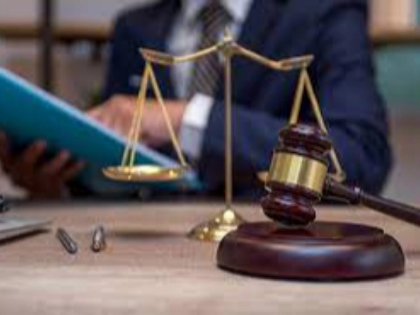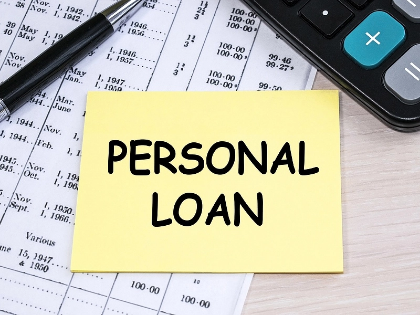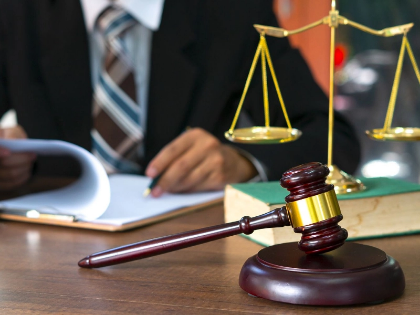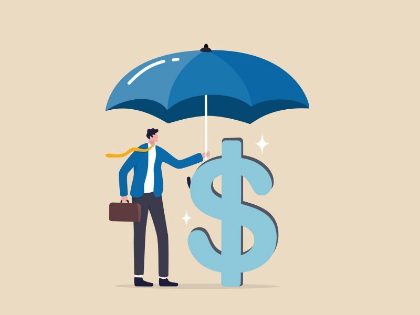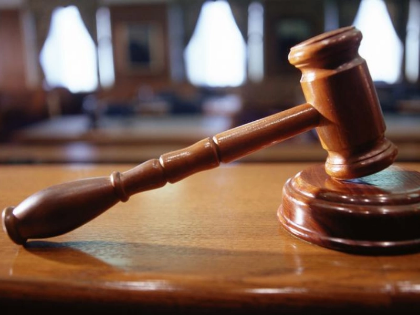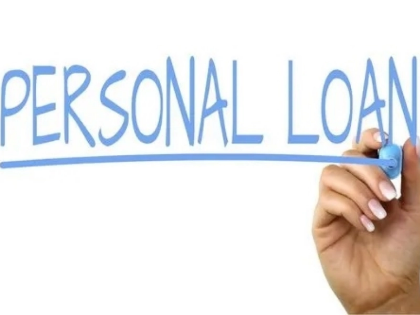Access to Justice in Criminal Matters - Ensuring Your Legal Representation
The most basic requirement for legal representation is that the attorney be competent. This can be achieved by checking the attorneys credentials and experience in your field of concern.
Equal access to justice requires addressing barriers and inefficiencies that hurt people, including those most affected by poverty, race, gender, disability, language and more. It also requires innovation and community-centered approaches.
1. Qualifications

The goal of access to justice is that all people who have legal problems can get timely and affordable legal help, obtain a fair result on the merits of their case, and understand and believe they got a fair shake in the process. Getting there requires many things: a movement away from narrow lawyer-centric definitions of access to justice, improved data collection and research (including the Fordham Law Access to Justice Index), efforts to map policy including the NCAJ project on Civil Right to Counsel laws, reassessments of the prohibition on the unauthorized practice of law, and a shift toward community-centered approaches that focus on solving real world legal problems in daily life.
Throughout the semester, students will engage with these issues through the Law School’s extensive clinical program and its popular public service projects. They will also visit local NYC courts and see firsthand the dynamic between outside advocacy to affect systemic change and individual rulings in particular cases.
2. Experience
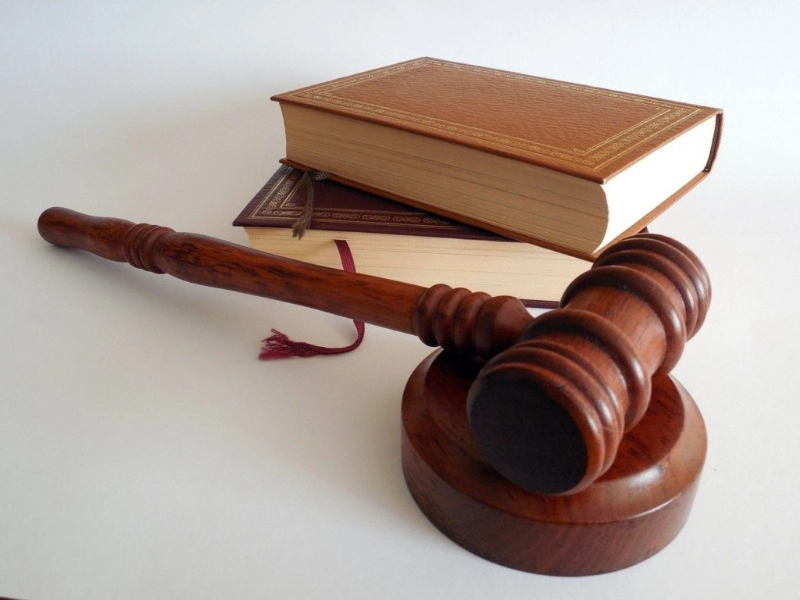
A criminal lawyer should have a broad understanding of the law, and also experience in specific cases. This is because it takes a lot of experience to understand the ins and outs of criminal law, so one should only hire experienced attorneys.
In addition, it’s important for a criminal lawyer to have a good reputation in the community. This way, the public will trust him or her, and he or she will be more likely to get results.
A growing movement seeks to bring empirical research to the problem of access to justice. This includes a reassessment of the prohibition on the unauthorized practice of law, cost-benefit analyses and visions of racial justice, efforts to map policy (including NCAJ’s Justice Index), and advocacy that reaches beyond the law school campus. It also calls for a more client-centric approach that looks at the whole context of civil legal problems and solutions, and involves lawyers and problem-solvers from other disciplines.
3. Reputation
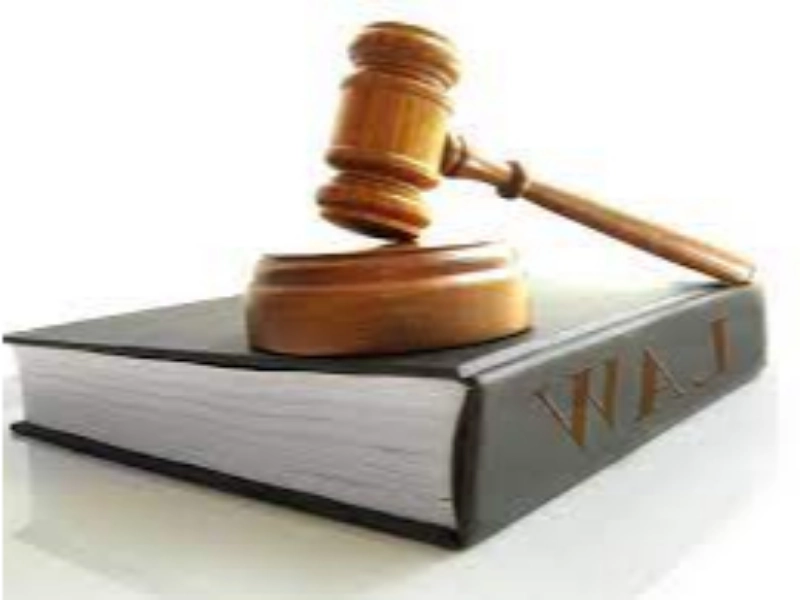
Having a lawyer with an excellent reputation is important, especially for unrepresented litigants. A lawyer’s good name is crucial to getting the most out of a legal system that can be complicated and overwhelming. It’s also necessary to have a strong network of professionals and resources that can help if things become difficult in court.
Many people don’t seek help when they have a legal problem because they don’t recognize the issue as a legal problem or they can’t find quality, affordable legal assistance. The ICC is working to break down these barriers through legal aid programmes, simplified court procedures and alternative dispute resolution, and promoting awareness of the Court.
Other outside actors can also play a role, such as law schools and bar associations increasing pro bono work and implementing justice innovations. In addition, courts can facilitate access by ensuring that defenders are assigned to cases and that judges have the flexibility to assign lawyers to unrepresented litigants.
4. Fees

The legal system is a powerful tool for securing justice and equality, but it can be costly to use. Court fees and the cost of representation add up for many low-income people. For this reason, access to justice must be made a priority in addressing poverty, combating discrimination and creating opportunity.
In the criminal context, the right to counsel is guaranteed in some states and territories and a vital component of access to justice for those facing legal proceedings. However, public defenders often have high caseloads and limited resources, which can interfere with their ability to provide adequate defense representation.
Several groups have taken on the challenge of increasing access to justice. For example, the National Center for Access to Justice (NCAJ) and others are advancing empirical research on civil legal needs and promoting policies that improve access to justice. The NCAJ Justice Index provides a tool to help state legislatures and courts adopt selected best policies to enhance access to justice.



